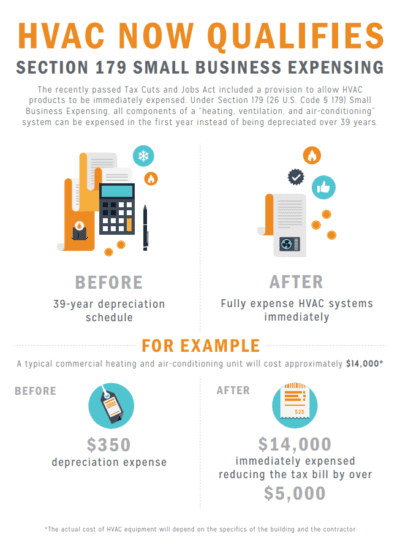Heat Pump Vs Furnace - Which Is The Better Home Heating Choice For Your Home?
Heat Pump Vs Furnace - Which Is The Better Home Heating Choice For Your Home?
Blog Article
Material By-Huynh Reese
Several homeowners recognize with heaters, which warmth homes with oil or gas and push hot air through ductwork. They are reasonably inexpensive and can supply reliable heating also throughout a wintertime power interruption.
Nonetheless, they use nonrenewable fuel sources and create carbon monoxide gas and other air pollution. They also aren't as energy-efficient as a high-efficiency heatpump.
Cost
Usually, heatpump are much more inexpensive to run than heating systems. They generally make use of electrical energy and cooling agent to extract warm from outside air, and afterwards transfer it into your home. You can make the most of cheaper electricity prices throughout off-peak hours to better lower your home heating expenses.
Unlike heat pumps, gas or wood-burning heating systems use combustion to produce warmth, giving off flue gases right into the environment that can be hazardous to your health and wellness. These furnaces are additionally much less energy-efficient than heat pumps, and their higher operating expense can accumulate gradually.
Heating systems are a lot more complicated than heat pumps and need routine upkeep to ensure the correct feature of all parts. In spite of this, they often tend to last longer than heat pumps with a regular life-span of 20 years or even more. Nonetheless, you'll require to factor in the expense of gas, fuel oil or wood and the added devices needed for installment and procedure such as air ducts and air flow systems.
Power Effectiveness
Heatpump have a higher power performance score than furnaces. These systems use electrical power to feed on warmth from the air, also in freezing temperatures. They can also get rid of excess heat from the home during warmer months and reuse it to cool the system. copyright professionals can assist you establish the very best version for your online on climate and resource energy prices.
Heaters burn fuel oil, lp, gas or other kinds of fossil fuel to warm the air in the home. This air is then distributed with ductwork utilizing a large follower. Heaters create greenhouse gases and need normal upkeep and tools upgrades to ensure secure procedure.
https://www.wbaltv.com/article/tips-for-drivers-to-make-their-vehicles-more-fuel-efficient/39433577 of a furnace is that it can be operated even in severe winter months problems because it does not depend on exterior temperatures to warm the air. Furnaces likewise have a longer life expectancy than heatpump and commonly last 15 years. They can also be paired with double gas options, which choose the most efficient home heating alternative based upon the climate.
Environment
Heatpump work well in modest climates and use much less source energy than furnaces. Nonetheless, if your region is exceptionally cool, you might require to purchase a basic gas heating system rather.
Heating systems supply cozy, cozy heat and typically supply quick home heating to increase indoor temperature levels. These systems can be used with a variety of fuel types, including natural gas, lp, oil or electrical energy.
They consume extra energy than heat pumps-- up to 3x as much-- and call for ductwork that's expensive to set up or retrofit. They're additionally a lot more pricey to keep, as they can cause air quality issues and generate greenhouse gas exhausts.
If you're devoted to lowering your carbon footprint, a heatpump is a great choice for your home. They have fewer greenhouse gas discharges than heaters, particularly if you pick an ENERGY CELEBRITY ® heat pump. Your regional Provider professional can discuss the differences between these 2 heater and help you make the very best decision for your special needs.
Personal Preferences
Furnaces can be very power reliable when powered by natural gas, propane or oil, but they aren't as power effective as heatpump in frigid environments. They can also be a lot more pricey to mount, needing gas lines and air flow systems.
However, heaters tend to call for less maintenance, which can cause reduced recurring costs. They create less greenhouse gases and are more dependable than heatpump during extreme weather condition.
Electric heat pumps are a lot more flexible in producing indoor convenience since they can also work as air conditioning system throughout warmer months. They can be easier to preserve, requiring only routine air filter adjustments and occasional vacuuming.
If you prefer the convenience of a solitary system that does it all, think about a hybrid home heating remedy that sets a furnace with an electric heatpump. These systems can automatically switch in between both home heating options based on your home's needs and temperature level conditions, taking full advantage of effectiveness and financial savings.